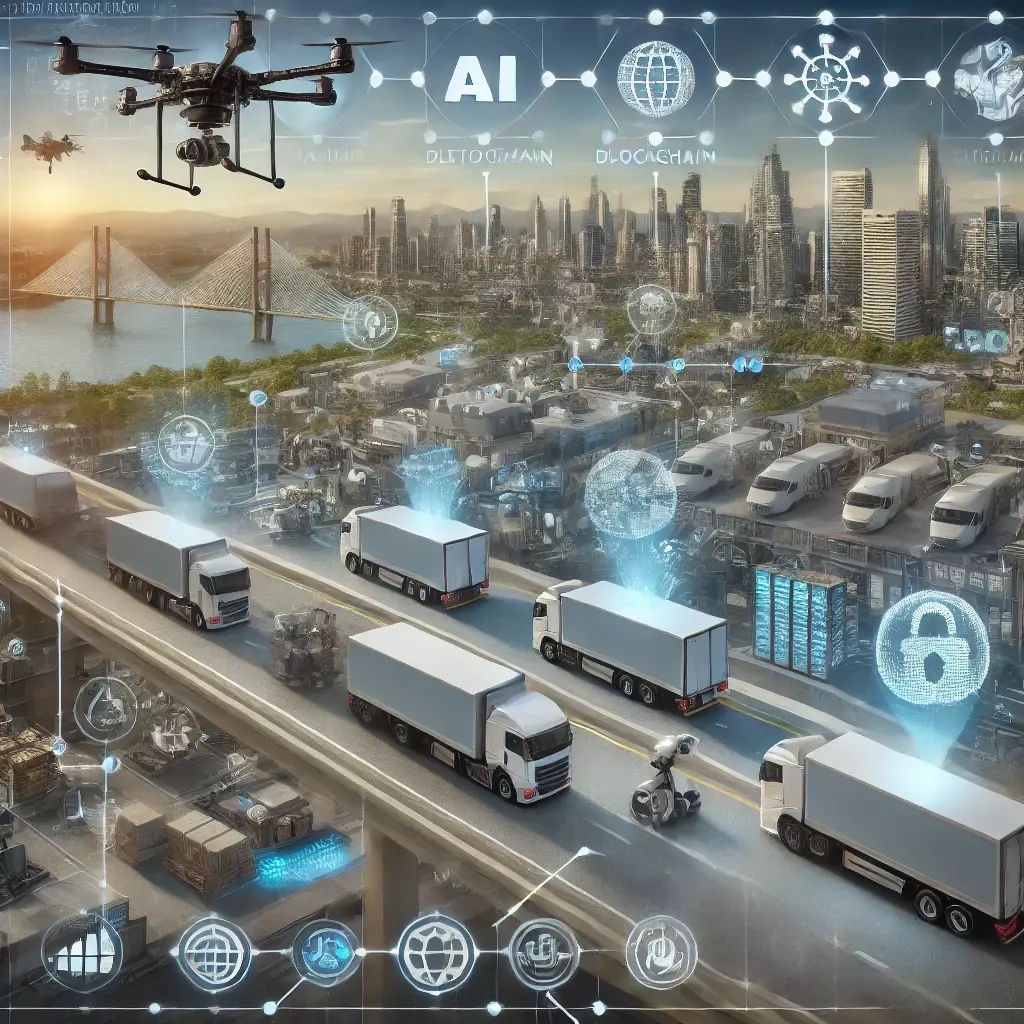
Resilient Supply Chains: Adapting to Modern Logistics

Resilient Supply Chains: Adapting to Modern Logistics
In an era of rapid change and unforeseen disruptions, the importance of resilient supply chains has never been more evident. Adapting to modern logistics requires a combination of strategic planning, advanced technology, and flexible operations.
1. Strategic Planning
Resilient supply chains begin with robust strategic planning. This involves assessing risks, diversifying suppliers, and creating contingency plans to ensure continuity in the face of challenges.
2. Advanced Technology
Implementing advanced technologies such as artificial intelligence (AI), Internet of Things (IoT), and blockchain can significantly enhance supply chain resilience. These technologies provide real-time visibility, predictive analytics, and secure transactions, enabling faster and more informed decision-making.
3. Flexible Operations
Flexibility in operations is crucial for adapting to changing circumstances. This includes having adaptable logistics processes, scalable solutions, and the ability to quickly reconfigure supply chain networks in response to disruptions.
4. Collaboration and Communication
Effective collaboration and communication with suppliers, partners, and customers are essential for maintaining a resilient supply chain. Sharing information and coordinating efforts can help mitigate risks and ensure a synchronized response to any disruptions.
5. Sustainable Practices
Incorporating sustainable practices into supply chains not only enhances resilience but also supports long-term viability. Sustainable practices reduce dependency on scarce resources and promote environmental responsibility, contributing to a more stable supply chain.
6. Continuous Improvement
Resilient supply chains are built on a foundation of continuous improvement. Regularly evaluating performance, identifying areas for enhancement, and staying abreast of emerging trends and technologies are key to maintaining resilience.
In conclusion, building a resilient supply chain requires a multifaceted approach that combines strategic planning, advanced technology, flexibility, collaboration, sustainability, and continuous improvement. By embracing these principles, businesses can navigate the complexities of modern logistics and ensure their supply chains remain robust and adaptive.